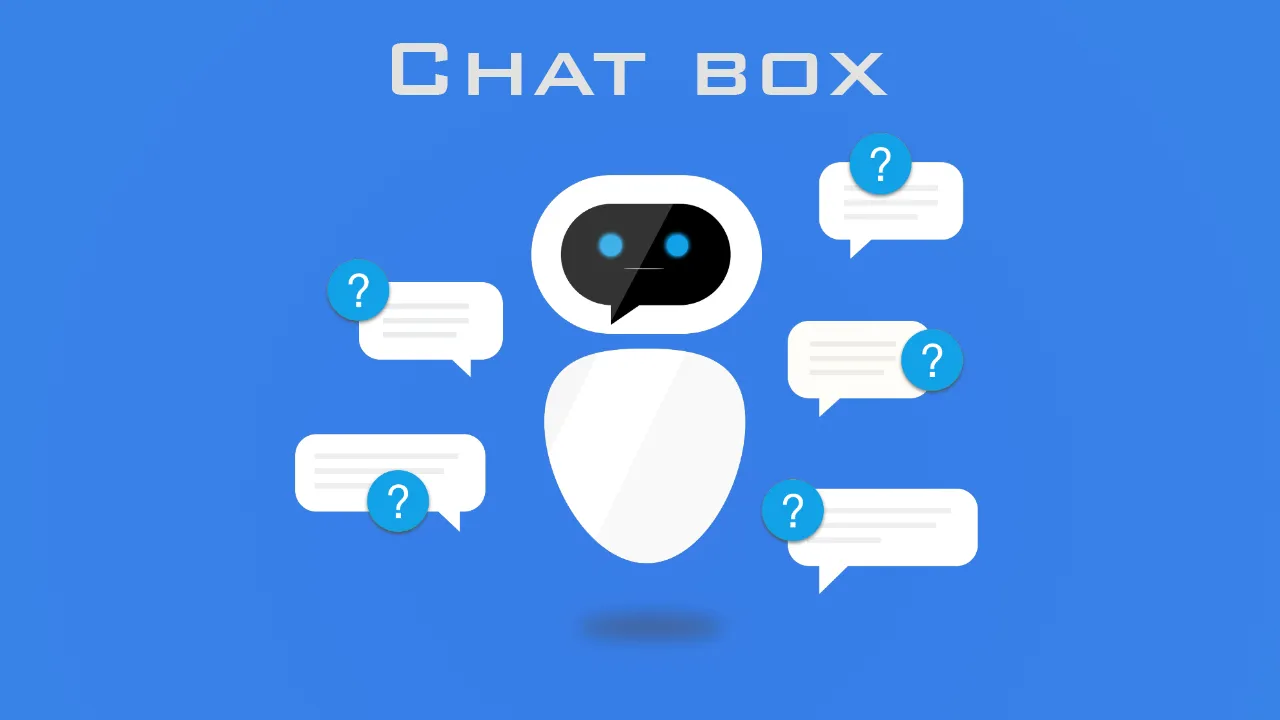Chatterbot, Django, Python and PyCharm all unified in this ready to go Chatbot App
Chatterbot, Django, Python and PyCharm all unified in this ready to go Chatbot App
Motivation:
In the first chapter we have successfully built a Chatterbot in PyCharm. Now it’s time to train our Chatbot to answer Frequently Asked Questions (FAQ, whatever these are in your company). In this story we will learn how to do that (what actually means training in this context?) and we’ll have a deeper look on why our Chatbot (hopefully) knows how to give the right answers to our questions. The reason for this is that we do want to create the smartest FAQ Chatbot possible, so now let’s roll up our sleeves…
Solution:
In retrieval based chatbot models, heuristics like Levenshtein or Cosine Similarity are used to select an output from a library of predefined inputs. That makes up our Chatbot’s knowing. This just sounds like explicit “if-else” coding, so where is the Machine Learning in Chatterbot, you might ask? Well, if it would be only explicit coding, that would mean that our Chatbot will fail to give the right answer to a question each time the question is asked slightly different to what has been coded to the library. In plain English, if we told our Chatbot the answer to the question “Do colorful shoes matter?” is “Sure, colors make the world bright” in traditional coding, then our Chatbot will fail to give the right answer if asked by an Englishman “Do colourful shoes matter?”.You also want to know what happens next. Please read all this article.
#chatterbot #pycharm #sqlite3 #python #django
